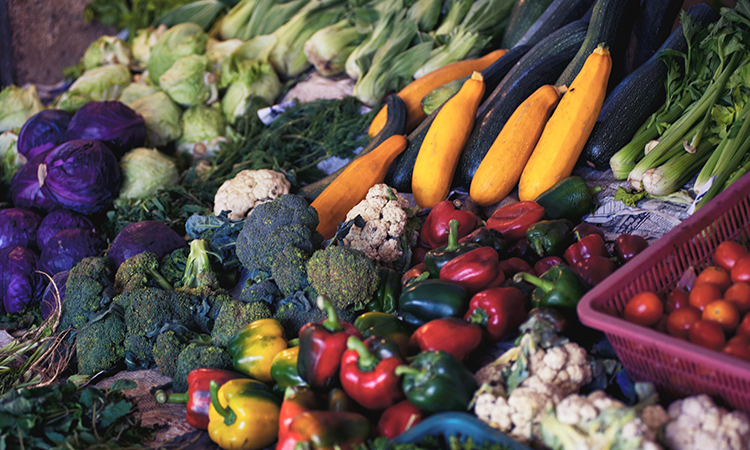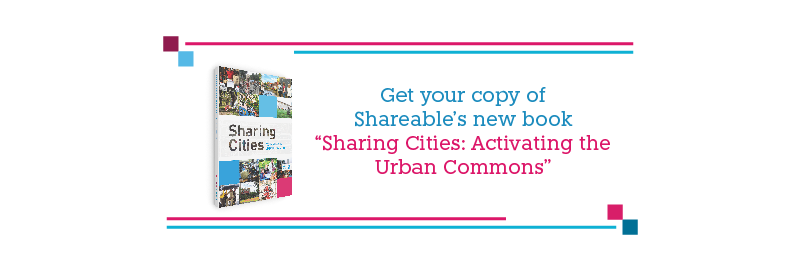This article was adapted from our latest book, "Sharing Cities: Activating the Urban Commons." Download your free pdf copy today.
Recognizing the need to make basic foods more readily available to low-income people, the "Restaurantes Populares" initiative (People's Restaurants, or Popular Restaurants in the original Portuguese) has been a key part of Belo Horizonte's pioneering Food and Nutrition Security Policy (Law No. 6.352, 15/07/1993).
Strategically distributed across various areas of the city to broaden access to the vulnerable population, there are currently four People's Restaurants and one canteen that promote equity over "fast culture." They provide cheap, healthy, safe and accessible food for all, made from fresh local produce. As reported by ICLEI in 2013, lunch costs 3 reals (about $1), half that price to the beneficiaries of the "Bolsa Família" (Family Basket) program, and free to the registered homeless — which represent about 160,000 people per year. In order to maintain the consistency of both price and quality, all the outlets are directly managed and administered by the municipality.
The program has allowed the community not only to make sure that the population is provided with fresh, nutritious food, but also to create a secure market for local farmers to sell their produce. According to Fondazione Giangiacomo Feltrinelli's report, Milan Urban Food Policy Pact, Belo's People's Restaurants serve almost 3 million meals annually.
View the full policy at Future Policy.org.
Header image by Alexandr Podvalny on Unsplash










